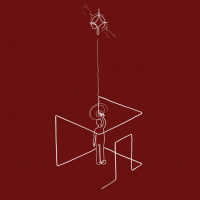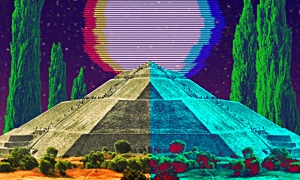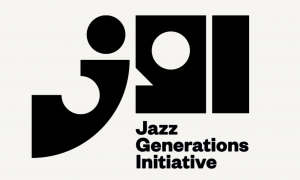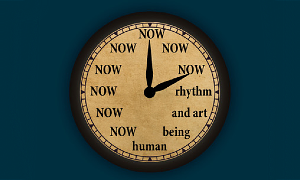Asked in 2002 to describe the “ultimate" search engine, Google co- founder Sergey Brin half-jokingly pointed to HAL 9000, the supercomputer from the Stanley Kubrick film 2001: A Space Odyssey.
HAL . . . had a lot of information, could piece it together, could rationalize it. Now hopefully . . . it would never have a bug like HAL did where he killed the occupants of the spaceship. But that's what we're striving for, and I think we've made it a part of the way there.
Sergey Brin
As Randall Stross writes in Planet Google, Brin's response was funny, if more than a little portentous. Founded in a Stanford dorm room, Google has exponentially expanded its reach. It now dabbles in mapping, e- mail, social networking and journalism; in 2006, Google purchased YouTube, the video-sharing site. Most of the initiatives have been very successful. Some, like Google Earth, have changed the way we see ourselves. “Every age -- coal, steel, oil -- has a raw material that defines its historical moment," writes Stross, a columnist for the New York Times and a professor at San Jose State. “In ours it is information, and Google has become its preeminent steward."
Planet Google -- deftly paced and sharply argued -- is being marketed, somewhat misleadingly, as an “insider's account" of the Google compound in Mountain View. Stross did get unprecedented access, but he rarely traffics in the kind of boardroom drama common to so much business journalism. The brunt of the book is analytical: Is Google's “preeminent" stewardship problematic? And can the company continue to diversify without losing consumer trust? In 2005, Eric Schmidt, Google's chief executive, famously estimated that it would take his company about 300 years to organize all the world's information. He framed the quest in Herculean terms. Stross has his doubts: “What the prospect of growth without limit means for the public is something more complicated than a pure thrill. It's a prospect that has appeared so quickly, historically speaking, that we have not really had time to take a good look at what Google has become, let alone to consider what comes next." “What Would Google Do? ," by media guru and journalist Jeff Jarvis, is considerably less equivocal. “Google's moral of universal empowerment is the sometimes- forgotten ideal of democracy," he writes, slipping into poetic reverie. He announces that “Google is perhaps the most powerful single tool that can be used anywhere on earth"; later he states that religion's vast presence on the Internet means that even “God is not immune from the power and influence of Google."





























